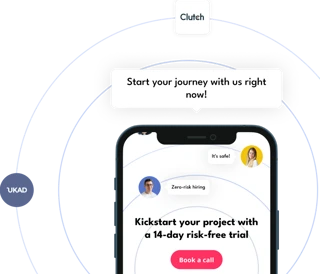n8n is more than just an automation platform — it's a flexible foundation for building intelligent, scalable, AI-powered solutions. n8n offers low-code development speed with full-code customization control, in case you're integrating large language models, orchestrating complex workflows, or prototyping innovative AI tools.
Here's why it's an ideal fit for your AI initiatives:
Fast prototyping and Integration
Quickly test and launch AI-powered features by connecting models (e.g., OpenAI, Claude, Ollama) with your existing tools, databases, or customer-facing platforms — all in a visual environment.
Automated AI-driven pipelines
Use AI models to classify, summarize, translate, or generate content within automated workflows. This is ideal for repetitive knowledge work, document processing, and data enrichment.
Smart bots and autonomous agents
Build intelligent chatbots, AI agents, and background services that interact with users, respond to triggers, or execute tasks without spinning up dedicated Infrastructure.
Embedded Intelligence in your workflows
Add AI to your business logic, automatically respond to support tickets, tag content, personalize communication, or generate reports, all inside your existing stack.
Total control over data and Infrastructure
Self-hosting lets you keep sensitive data within your own environment, which is critical for enterprises, regulated industries, or teams deploying proprietary models.
Why work with us?
We bring deep hands-on experience in both AI and n8n, combining technical know-how with a product-focused mindset. Our team can help you:
-
Design and implement scalable AI workflows, from prototype to production.
-
Use custom code and advanced logic where low-code tools fall short.
-
Build and debug complex automations involving models, APIs, and databases.
-
Optimize performance, reliability, and observability for real-world use.
If you're looking to accelerate your AI roadmap, reduce manual effort, or modernize your operations with intelligent automation, n8n, in the hands of a skilled partner, can be the fastest and most flexible way forward.






